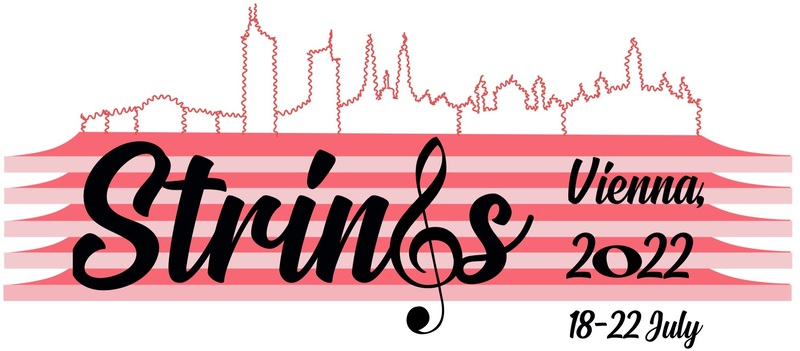Speakers
Description
In recent years, complexity has gained a lot of interest in the study of holography and has been subject to a number of holographic proposals. While first defined and studied in the context of quantum computation in terms of discrete operations in the form of gates, a continuous generalization of complexity has been introduced by Nielsen et al. In this picture, the complexity of given unitary operators is defined as the length of the shortest geodesic on the unitary group manifold connecting the given unitary to the identity. While this definition is conceptually very simple, direct computation is infeasible for all but very small Hilbert spaces.
We therefore derived a bound on this minimal distance and thereby on complexity and showed how this bound can be computed with algorithms originally developed in the field of lattice optimization.
On our poster we will explain the main ideas of how the bound is derived and present numerical work where our bound is applied to the SYK model and bosonic quantum resonant systems. The numerical results demonstrate clearly how the bound distinguishes reliably between chaotic and integrable systems.




